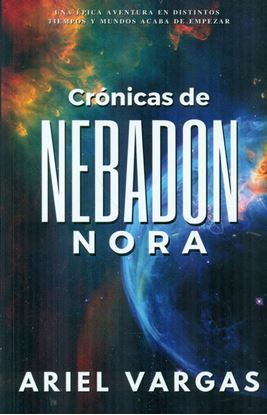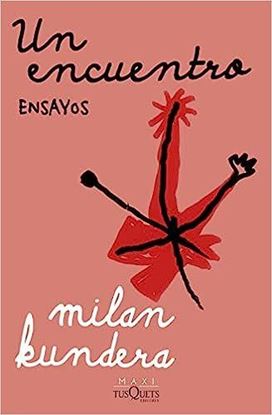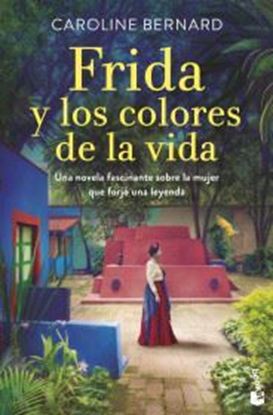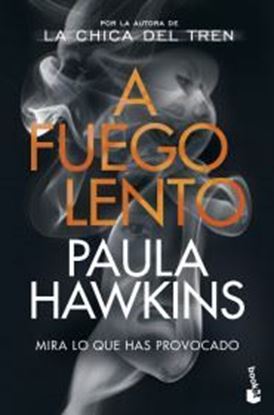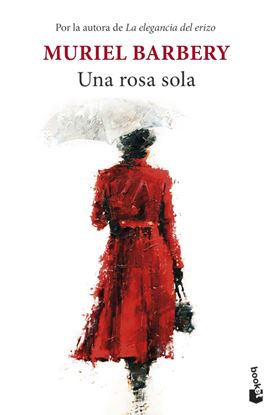

CRONICAS DE NEBADON NORA 1
Un admirable despliegue imaginativo, un depurado estilo y una trama que sorprende y seduce, abrirán al lector de este libro las puertas de un mundo primigenio y su cosmogonía.
700
LOVE SONG (BOL)
Tras el formidable éxito de Taxi, considerada por la crítica como una de las mejores novelas españolas del año 2017, Carlos Zanón sigue ensanchando los horizontes de su universo imaginativo y nos sorprende de nuevo con una historia descarnada sobre tres personajes atrapados entre los hilos afectivos que les impiden llegar a ser ellos mismos.
Sin revelar su identidad, tres músicos talentosos y de cierto éxito -una pareja y su mejor amigo- se embarcan en una gira estival por campings y locales de la costa mediterránea versionando canciones sólo de 1985. A bordo de una impecable Camper California, conducida por un chófer al que apodan vanidosamente Polidori, la banda -compuesta por Jim, Eileen y Cowboy- se lanza a tocar y correr, gozar y sufrir, entre composiciones pop, huesos fracturados y emociones difíciles de manejar. Y a medida que se acercan al final de su recorrido, frente a las costas de Cádiz, los protagonistas se enfrentan a la disyuntiva de quemarse o seguir, pero ya convertidos en otros, sin vuelta atrás.
700
UN ENCUENTRO (BOL)
Un encuentro nos da a conocer a un Kundera, en cierto modo, inédito. En efecto, aunque el autor reflexione sobre sus «viejos temas existenciales y estéticos», lo cierto es que en este apasionado ―y apasionante― «encuentro» con algunas obras maestras de la literatura, la música y la pintura, el escritor checo aborda cuestiones hasta ahora poco o nada transitadas en sus libros anteriores.
Así, explora lo que la novela puede explicar sobre el ser humano, e indaga asimismo en las repercusiones, no siempre negativas, que el exilio tiene para el creador. También desentraña el papel de la memoria ante las tragedias del siglo XX y habla de la lucha desesperada del verdadero artista por asumir lo mejor de la tradición de su arte.
700
FRIDA Y LOS COLORES DE LA VIDA (BOL)
La historia de Frida como nunca te la habían contado.
Una declaración de amor al arte, a la feminidad, a la libertad y al valor de luchar por ella.
México, 1925. El gran deseo de Frida es ser médico, pero un terrible accidente le impide vivir su sueño El azar la une a Diego, una de las grandes figuras en el mundo de la pintura. Frida y Diego se enamoran al instante y él la convence para que se convierta en artista.
Frida sigue sus propias ideas, intuiciones y sueños, y consigue triunfar con un estilo único, con una fuerza nunca vista. Pero el dolor del amor fallido es insoportable y ella, que superó las limitaciones de su propio cuerpo, se tambalea ante las infidelidades de Diego. Hasta que llega el día en el que tiene que tomar la decisión más importante de su vida. Y al hacerlo comienza a forjar su leyenda y a alzar la voz en nombre de las mujeres que permanecen a la sombra de cualquier varón.
700
FUEGO LENTO (BOL)
Un thriller absorbente por la autora de La chica del tren.
Con la misma intensidad con la que ha cautivado a 27 millones de lectores en todo el mundo, la autora de La chica del tren, Paula Hawkins, nos ofrece un brillante thriller sobre las heridas que provocan los secretos que ocultamos.
El descubrimiento del cuerpo de un joven asesinado brutalmente en una casa flotante de Londres desencadena sospechas sobre tres mujeres. Laura es la chica conflictiva que quedó con la víctima la noche en que murió; Carla, aún de luto por la muerte de un familiar, es la tía del joven, y Miriam es la indiscreta vecina que oculta información sobre el caso a la policía. Tres mujeres que no se conocen, pero que tienen distintas conexiones con la víctima. Tres mujeres que, por diferentes razones, viven con resentimiento y que, consciente o inconscientemente, esperan el momento de reparar el daño que se les ha hecho.
Mira lo que has provocado.
700
UNA ROSA SOLA (BOL)
Una novela elegante y delicada como un haiku, evocadora y sensorial como un largo viaje.
Por la autora de La elegancia del erizo.
Rosa viaja por primera vez a Japón para conocer el testamento de un padre al que nunca conoció. Solitaria y distante, con el paso de los años se ha cerrado a la vida. Día a día, guiada por el que fuera asistente de su padre, se adentra en la belleza de los jardines y templos de Kioto, y en esa búsqueda de su identidad conseguirá, al fin, reconciliarse con el pasado y abrirse de nuevo a la alegría del amor.
Una rosa sola es el inolvidable retrato de una mujer que oscila entre la oscuridad y la luz, entre el miedo y la valentía, y del viaje interior con el que reinventa su destino. Una travesía en la que se expone al dolor, a lo desconocido, al amor y a la metamorfosis hasta alcanzar la certeza de que es el acto de dar, y de darnos, lo que hace que nos sintamos más vivos.
700


